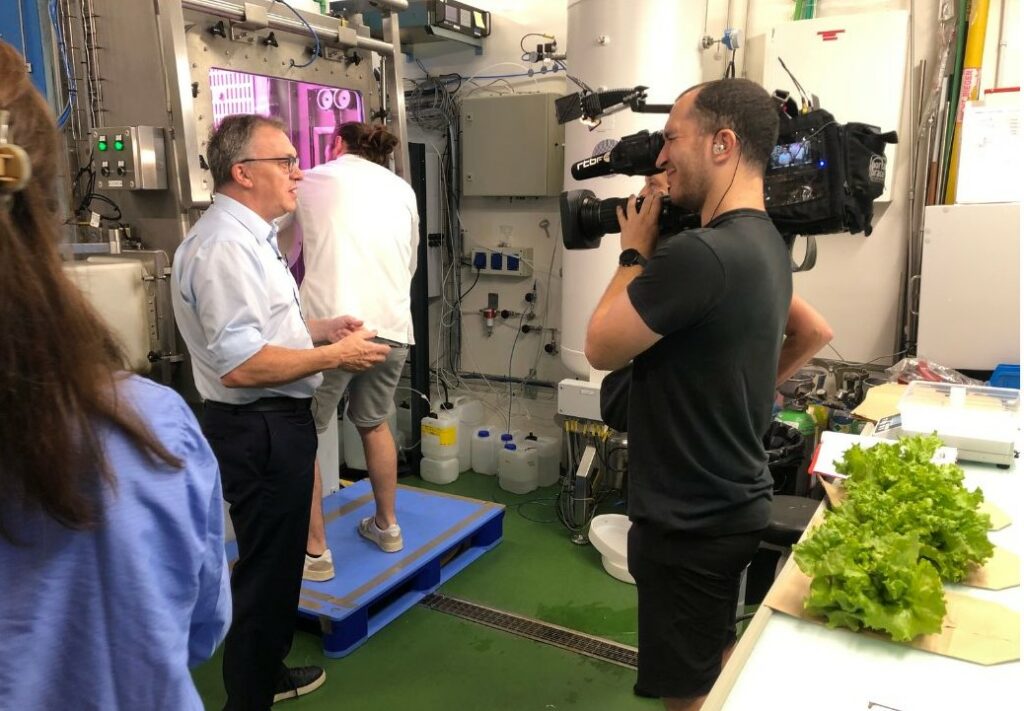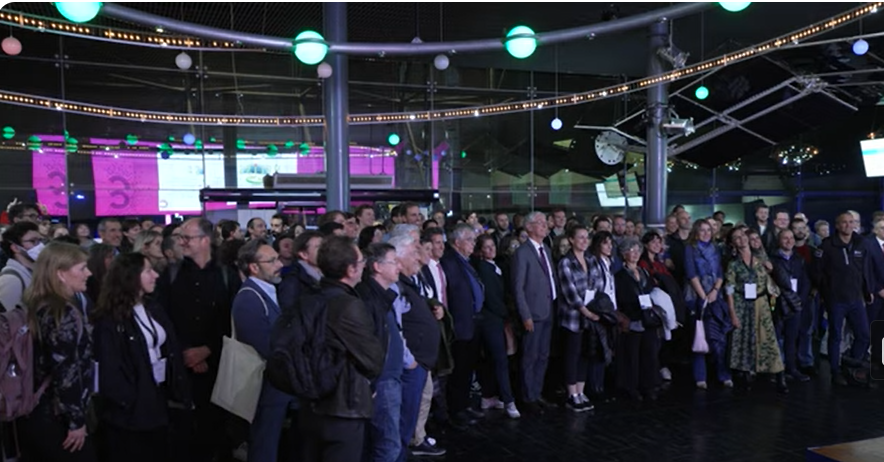The MELiSSA (Micro-Ecological Life Support System Alternative project aims to develop a regenerative life support system for long-term human missions in Space, such as a base on the Moon or Mars. The basic functions for life support include the regeneration of the atmosphere for respiration, water recycling and edible material production. To gain in self-sustainability and reduced Earth dependence, the system should as well use the wastes generated by the crew as resources. As a reference, the metabolic consumables required for a mission to Mars of a crew of six and a duration of 1000 days would require 100 tons of weight, clearly making impossible the mission. Therefore, closed life support systems are part of the technology agenda to make human life in Space possible.
MELiSSA approach to life support system is inspired by an Earth ecological system. Analyzing the main biological functions of the system, it is proposed a structure based on compartments, each one of them performing a specific task within the complete system, while connected one to each other..
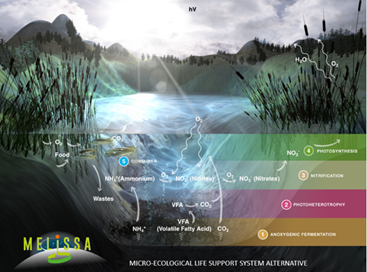
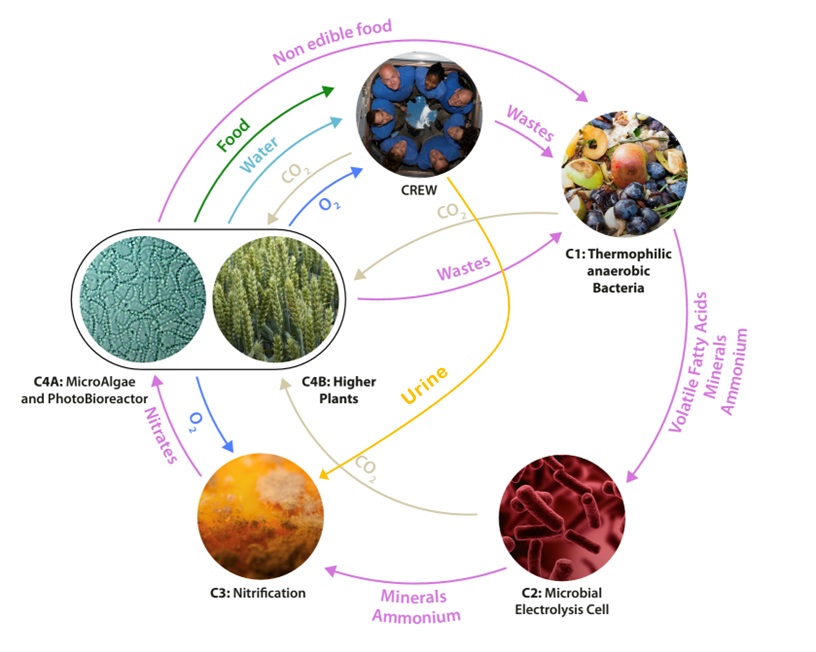
The system is based on loop of five compartments each one with a specific functionality: microbial degradation of organic wastes (Compartments 1 and 2), nitrification (Compartment 3), air revitalization and edible material and oxygen production by cyanobacteria and plants (Compartment 4a and 4b respectively) and the crew compartment, consisting of an animal isolator (Compartment 5). The MELiSSA approach is based on the analysis and controlled operation of each individual compartment as well as the complete system on the basis of mathematical models.
Due to the high-level challenges and the complexity of the proposed system, it is necessary to demonstrate on Earth the MELiSSA Concept, its feasibility and robustness. This demonstration and integration are being performed at the MELiSSA Pilot Plant in the Campus of UAB since 1995.
MELiSSA is developed by a Consortium of 15 partners across Europe. More than 50 organizations related to MELiSSA development, involving more than 100 scientists. The MELiSSA Consortium is coordinated by the European Space Agency.
To develop the activities of the MPP, the team works closely with a multidisciplinary group of partners including:
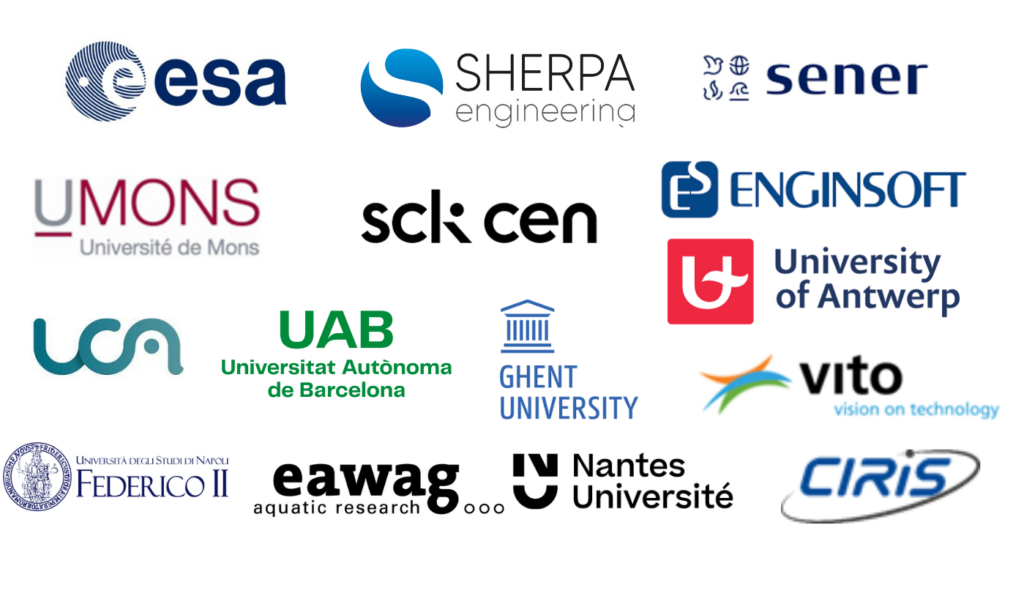
For further information Click here
Videos about MELiSSA
